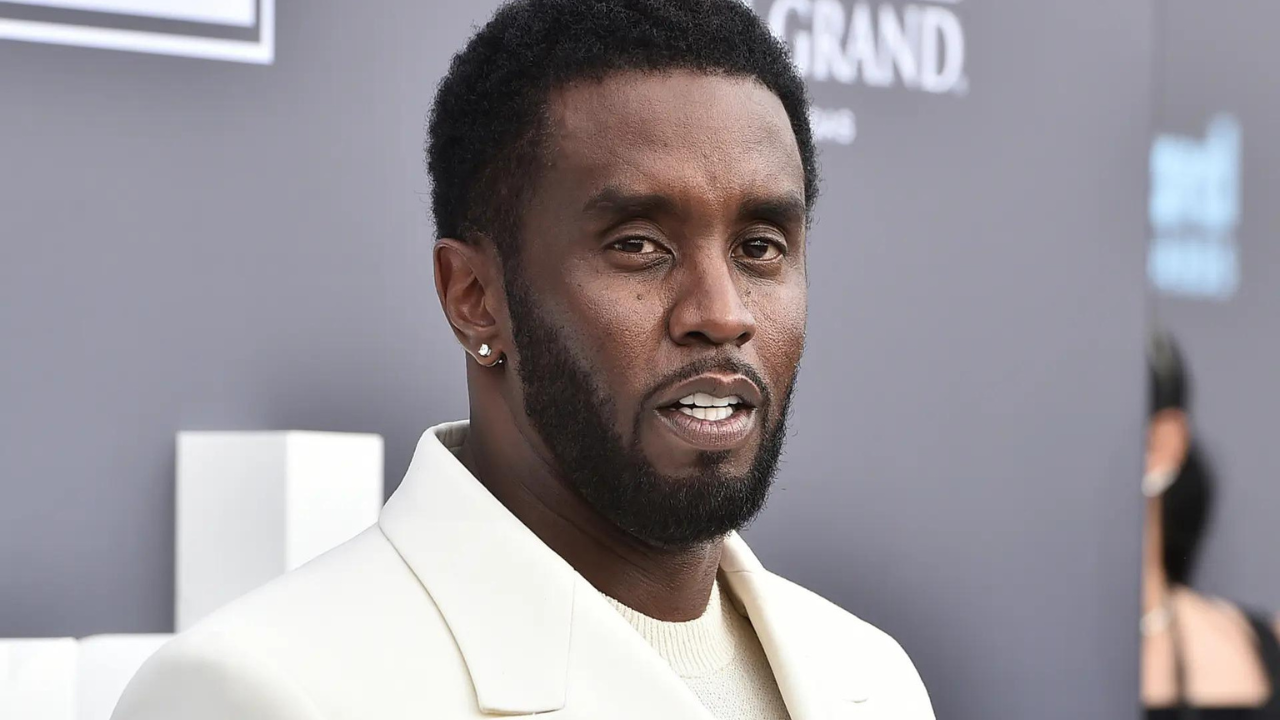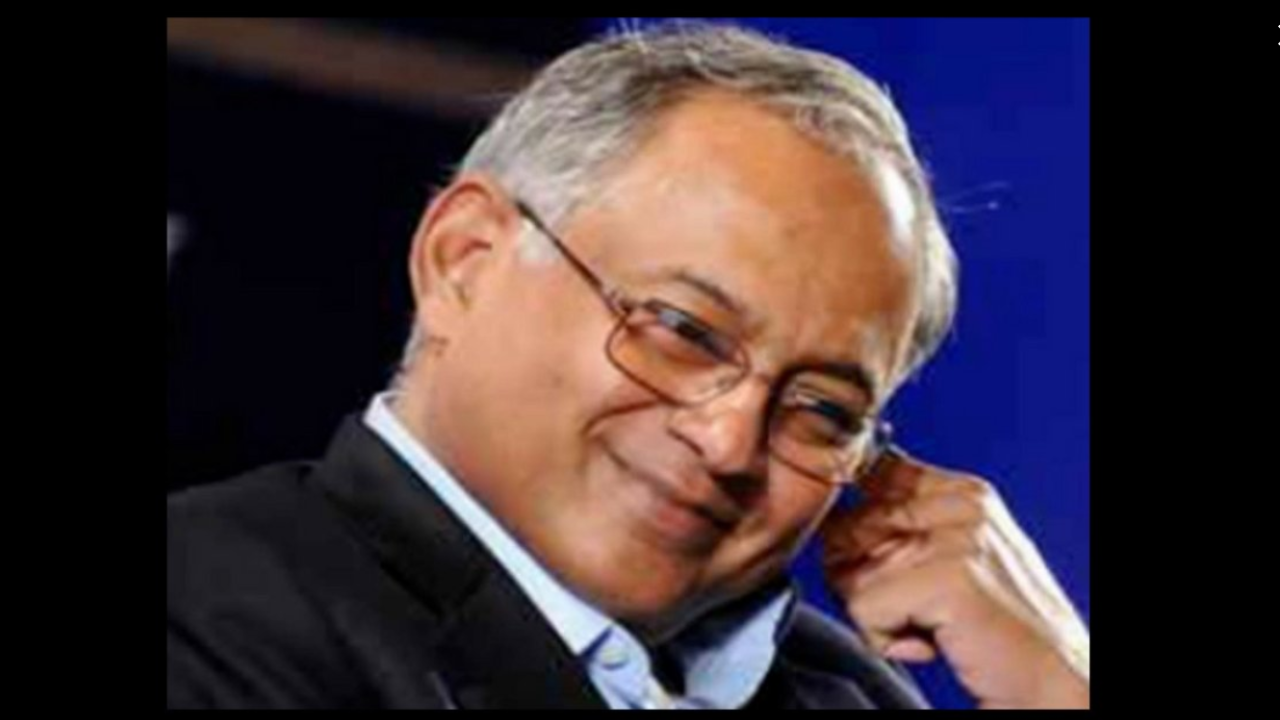Why diet is key when exercising after the age of 50

Join our WhatsApp Community to receive travel deals, free stays, and special offers!
- Join Now -
Join our WhatsApp Community to receive travel deals, free stays, and special offers!
- Join Now -

More and more people over the age of 50 are taking up physical exercise. Medical associations resoundingly agree that this is a good thing. Physical exercise is not only key to disease prevention, it is also a recommended part of treatment for many illnesses.
However, starting to move at this stage of life requires some care. This is especially true for those who have not previously been physically active, or for people who are overweight or obese.
It has been proven that starting to exercise with routines that are too demanding can lead to significant muscular and skeletal injuries, especially if combined with an inadequate diet. This risk is even greater after the age of 50, as the loss of muscle and bone mass is more pronounced due to natural ageing processes.
Before starting any new exercise programme, it is a good idea to carry out a complete analysis, especially to assess the need for micronutrient supplements.
Protein is key
In addition to micronutrients, the body also needs carbohydrates, fats and proteins – known collectivey as macronutrients. Proteins provide the body with the essential amino acids needed to maintain and develop muscle mass, and to prevent sarcopenia: age-related muscle injury, osteoporosis, and loss of muscle mass and strength (formerly referred to as frailty).
Protein requirements vary according...
Read more
What's Your Reaction?
 Like
0
Like
0
 Dislike
0
Dislike
0
 Love
0
Love
0
 Funny
0
Funny
0
 Angry
0
Angry
0
 Sad
0
Sad
0
 Wow
0
Wow
0























































